
Customers purchase Huawei Mate 60 Pro smartphones in Shanghai in August. WANG GANG/FOR CHINA DAILY
Vital impact
Liu Qingfeng, chairman of iFlytek, a Chinese AI pioneer, said: "Chinese companies must devote big, real money to research and development of fundamental science to achieve breakthroughs in AI. The impact of this generative AI technology is no less important than that of the birth of the PC or the internet."
In October, iFlytek unveiled the latest version of its AI large language model, Spark-Desk V3.0. A test and evaluation report by the Guoyan Institute of Economic Research, which is affiliated with the Development Research Center of the State Council, said Spark-Desk V3.0 has an overall capability stronger than that of ChatGPT.
The model's core capability is evaluated in seven dimensions — text generation, language understanding, Q&A knowledge, logical reasoning, mathematic ability, coding ability, and multimodal ability, Liu said.
The ongoing AI boom is also spurring surging demand for AI chips, which are vital to enabling ChatGPT-like applications. Experts said Washington's restrictions on exports of US company Nvidia's advanced AI chips to Beijing last year have left plenty of room for competitive Chinese rivals to emerge.
For example, Huawei has launched its 910B AI chips, which have already been bought by major Chinese internet companies to support their large language models. The performance of Huawei's AI processor Ascend 910B can be roughly compared with that of Nvidia's A100 chip, iFlytek said.
Jensen Huang, CEO of Nvidia, said recently that Huawei is among a field of "very formidable" competitors to Nvidia in the race to produce the best AI chips.
Wei Shaojun, president of the integrated circuit design branch of the China Semiconductor Industry Association, said, "This is the latest evidence that Washington's restrictions hurt the interests of US companies hard and accelerated Chinese companies' efforts to make technological breakthroughs."
In addition to AI and chips, China also recorded rapid growth last year in the production of new energy vehicles, or NEVs.
In the first quarter of last year, China replaced Japan as the world's largest vehicle exporter. The China Association of Automobile Manufacturers estimates that the nation's total vehicle exports for last year will exceed 5 million, a record high.
Xu Haidong, the association's deputy chief engineer, said, "Chinese automobile brands have accurately grasped the emerging opportunities in NEVs, and the trend of integration with intelligence and connectivity."
A report from consultancy KPMG said Chinese carmakers are expected to capture about 15 percent of Europe's electric vehicle market by next year, as established players such as BYD and emerging companies, including NIO and Li Auto, gain popularity among European consumers.
This would mark a big step forward, as Chinese marques accounted for less than 10 percent of the 1.1 million battery-powered electric vehicles sold in Europe in 2022, KPMG said.









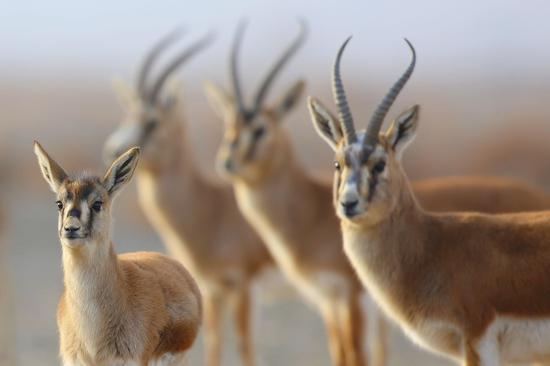

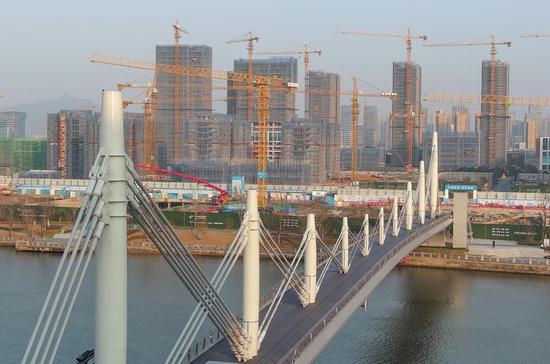
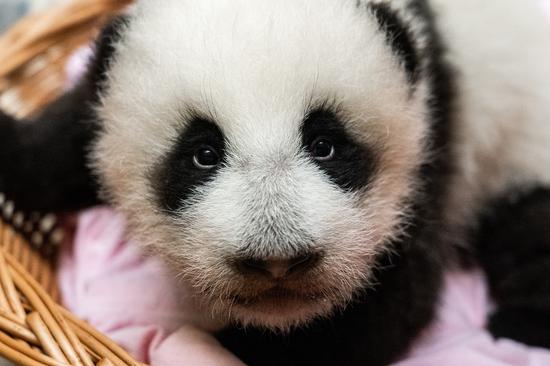
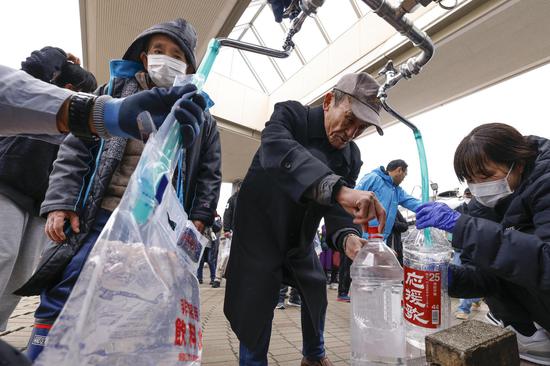
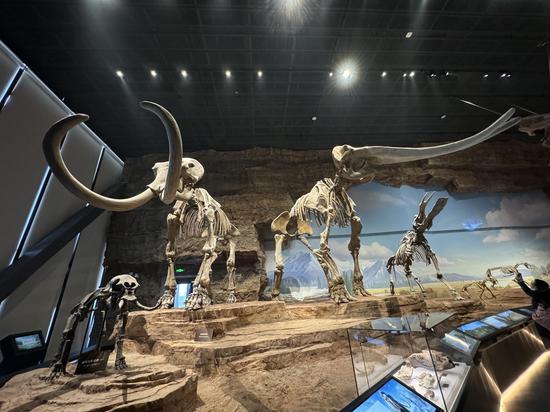


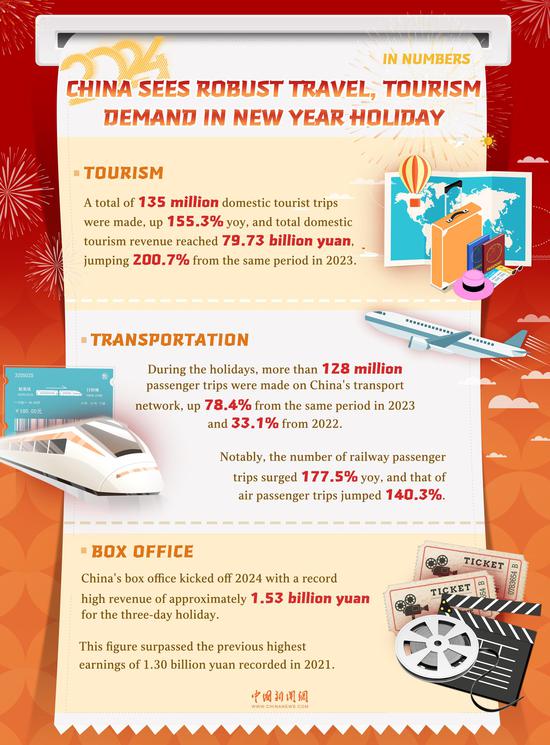

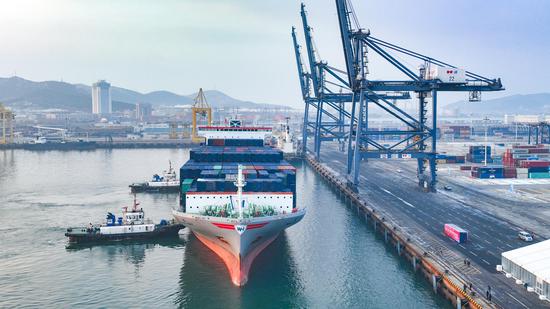

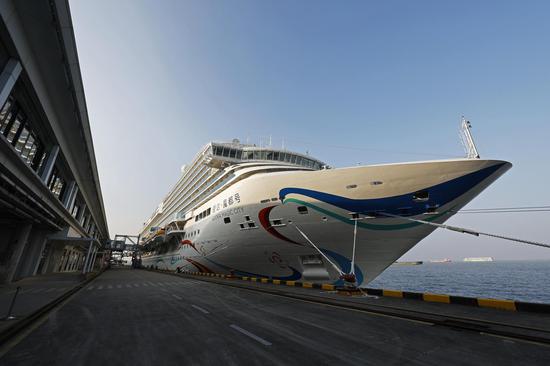
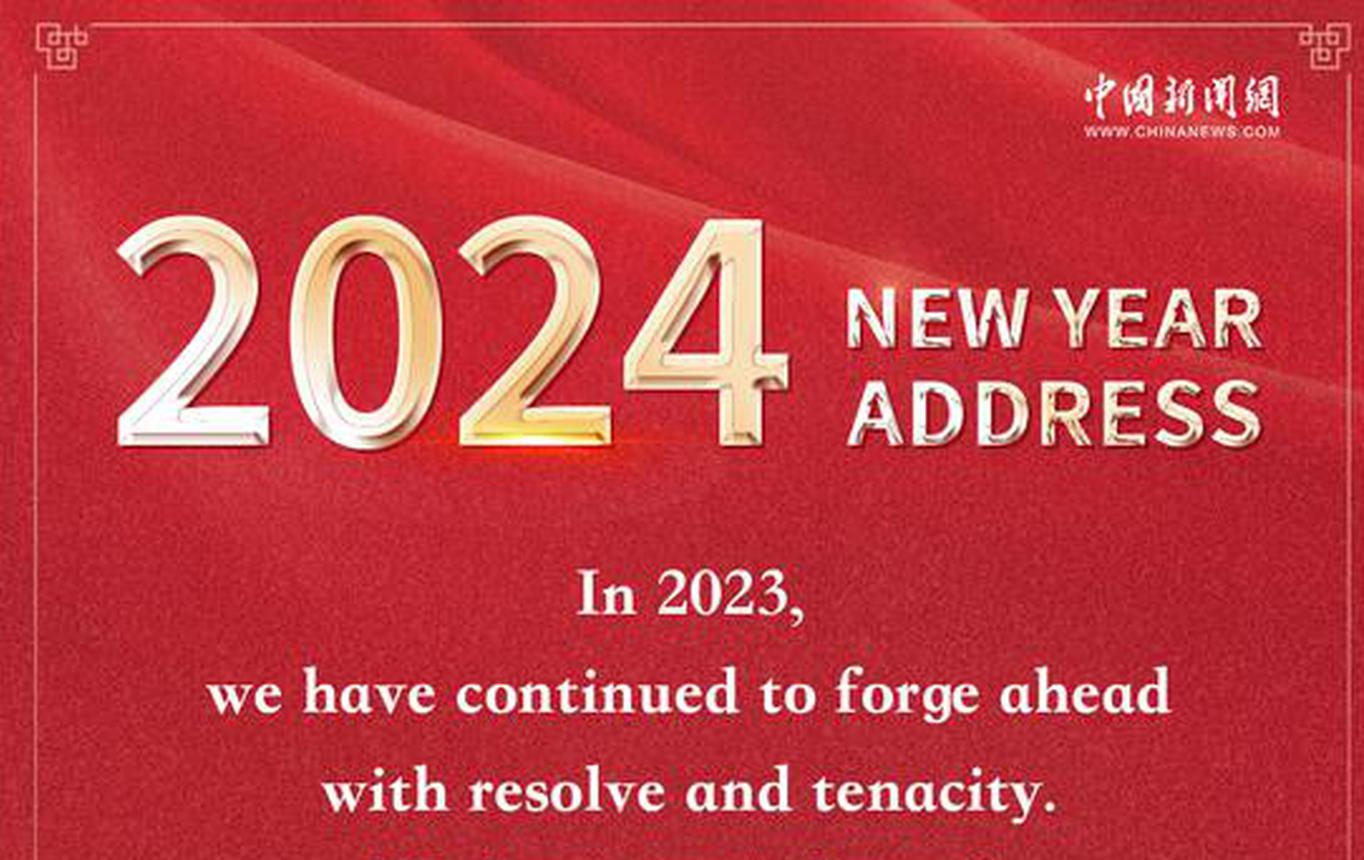


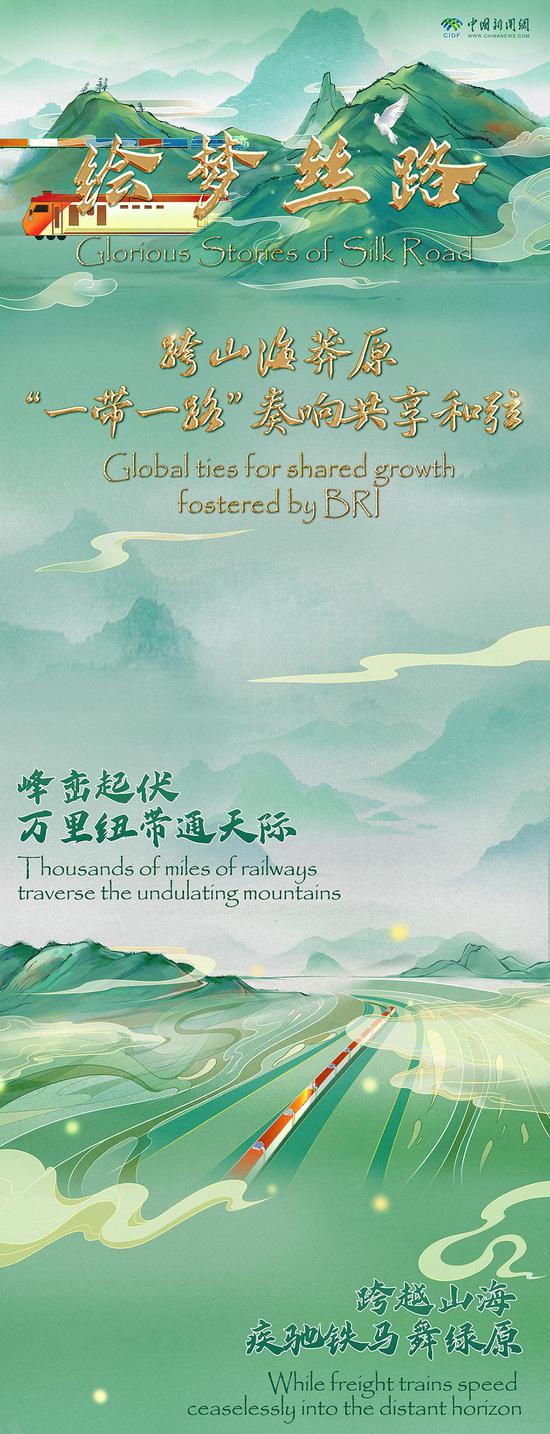

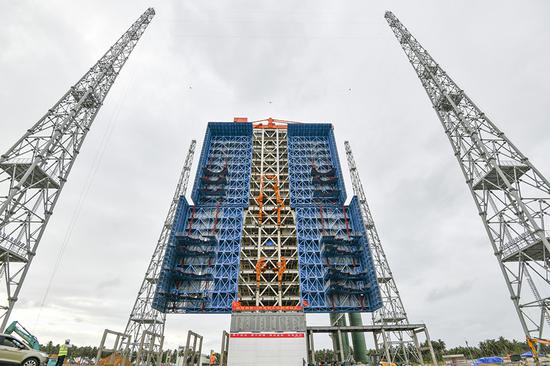
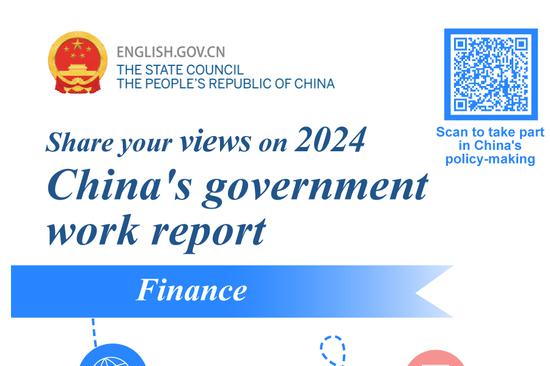

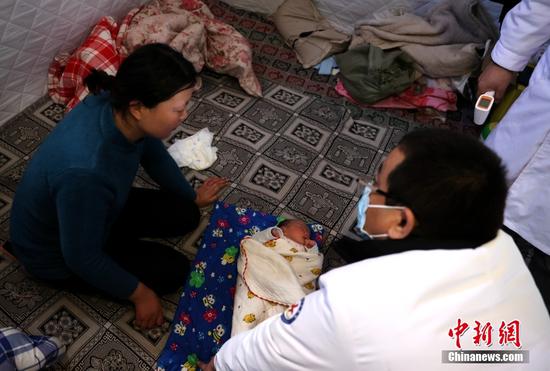
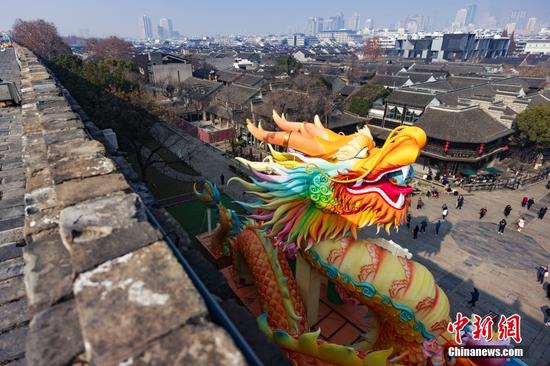

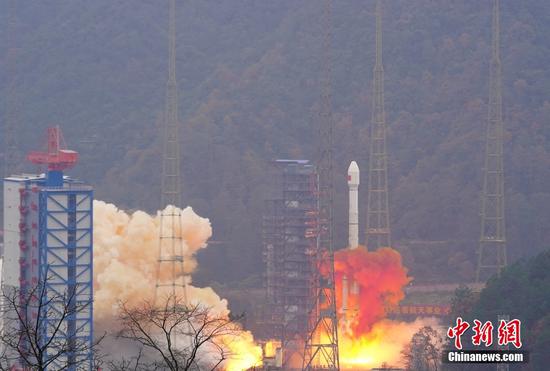
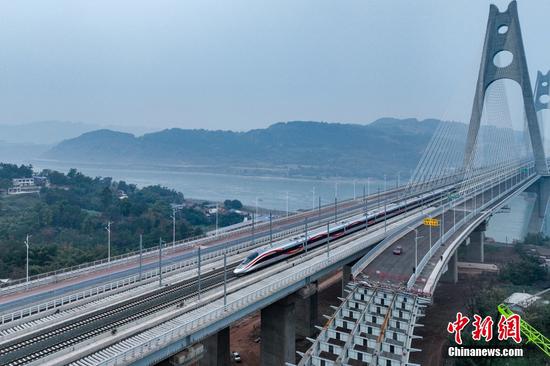
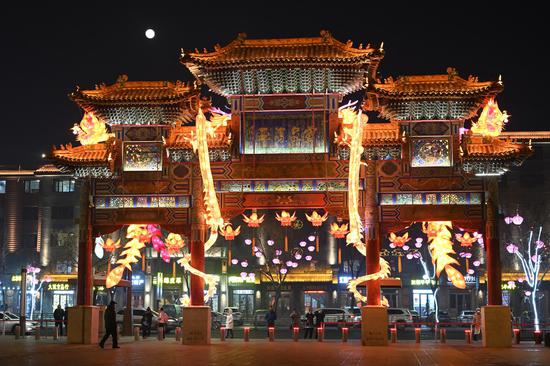

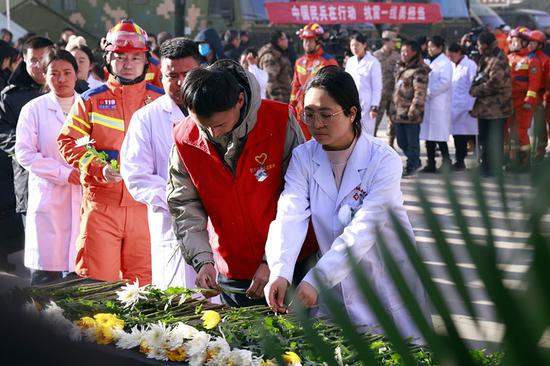
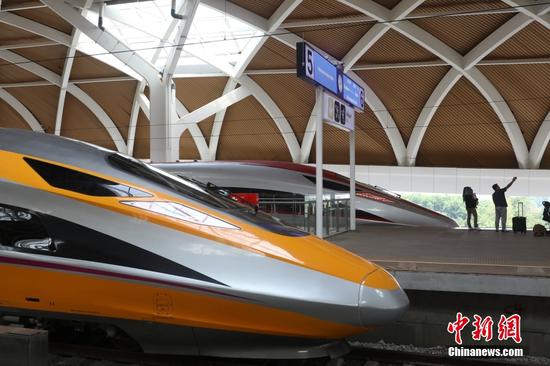


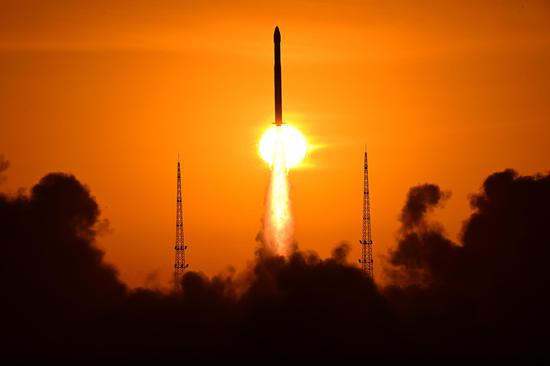
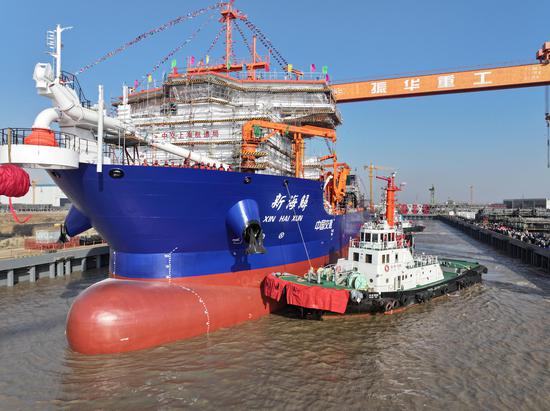
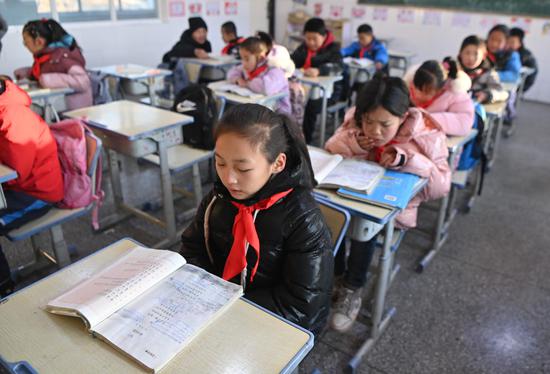






 京公网安备 11010202009201号
京公网安备 11010202009201号